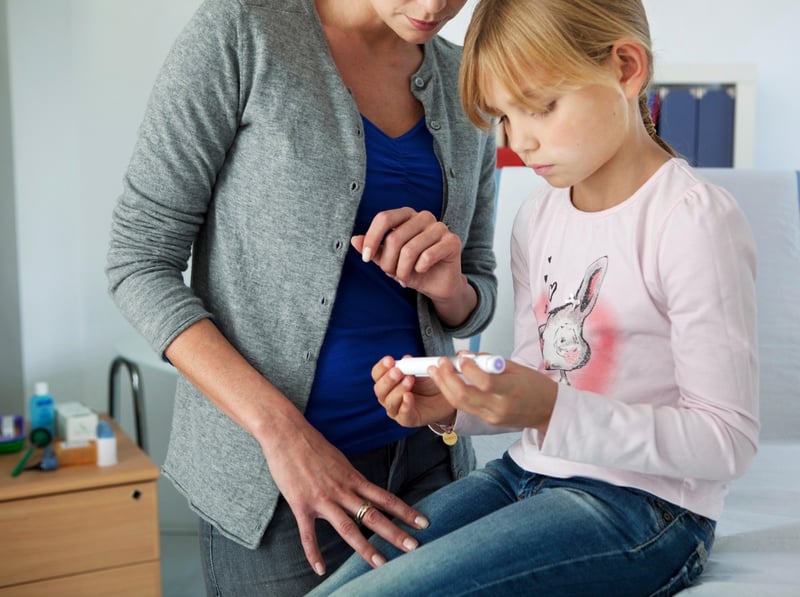Patient Resources
Get Healthy!
'Artificial Pancreas' Technology Boosts Blood Sugar Control for Young Kids With Type 1 Diabetes
- March 17, 2023
- Cara Murez HealthDay Reporter

Just like adults, young children with type 1 diabetes may get the blood sugar control they need using an "artificial pancreas," new research shows.
The Control-IQ artificial pancreas system was tested in a clinical trial in children aged 2 to 6.
Using the technology developed at the University of Virginia (UVA), these children spent approximately three more hours per day in their target blood sugar range compared with those in a control group.
"After the resounding success of Control-IQ technology in people ages 6 and up, it is very rewarding to see our youngest patients, and often the most challenging patients to help, benefit as well,"said study author Marc Breton, a UVA School of Medicine researcher.
"With these results, we have now accumulated years of clinical validation of this system across all age groups and look forward to seeing this life-changing technology made available to the broadest possible population,"Breton said in a university news release.
The Control-IQ system automatically monitors and regulates blood sugar levels. The artificial pancreas has an insulin pump that uses advanced control algorithms based on the person's glucose-monitoring information to adjust the insulin dose as needed, according to the study.
The system is already approved by the U.S. Food and Drug Administration in people aged 6 and older with type 1 diabetes.
The trial included 102 children at UVA, Stanford University and the University of Colorado. Sixty-eight of them used the artificial pancreas system for 13 weeks, while the other 34 children were in a control group.
Each of the participants followed their regular daily routines during the study.
Those using the system had an average target blood glucose range about 12 percentage points higher than participants in the control group overall and 18 percentage points higher between 10 p.m. and 6 a.m. These nighttime numbers are particularly important because severe, unchecked low blood sugar levels can lead to seizures, coma or even death in the night.
Overall, the children were able to use the artificial pancreas, which is made by Tandem Diabetes Care, safely.
The researchers identified two cases of severe hypoglycemia (low blood sugar) in the artificial pancreas group, compared with one in the control group. The artificial pancreas group also had one case of diabetic ketoacidosis (when your body doesn't have enough insulin to usher blood sugar into your cells) caused by a failure of the thin plastic tube that connected the insulin pump to the patient's body.
The study, which was funded by the U.S. National Institute of Diabetes and Digestive and Kidney Diseases, was published March 16 in the New England Journal of Medicine.
Importantly, most of the study-related visits -- 80% of the training sessions and more than 90% of all visits -- were conducted virtually. This highlights the ease of use of the technology and its potential in areas without easy access to endocrinologists, the researchers said.
"At the end of the day, this technology significantly improved glycemia and ensured safety of our youngest patients, but perhaps just as importantly it lessened these families' constant anxiety about glucose levels, especially during the night,"Breton said. "It is incredibly rewarding for us to hear about these families' experiences and how they manage to integrate these new tools in their life, offering some reprieve to the challenges they face."
More information
The U.S. Centers for Disease Control and Prevention has more on type 1 diabetes.
SOURCE: University of Virginia, news release, March 16, 2023

